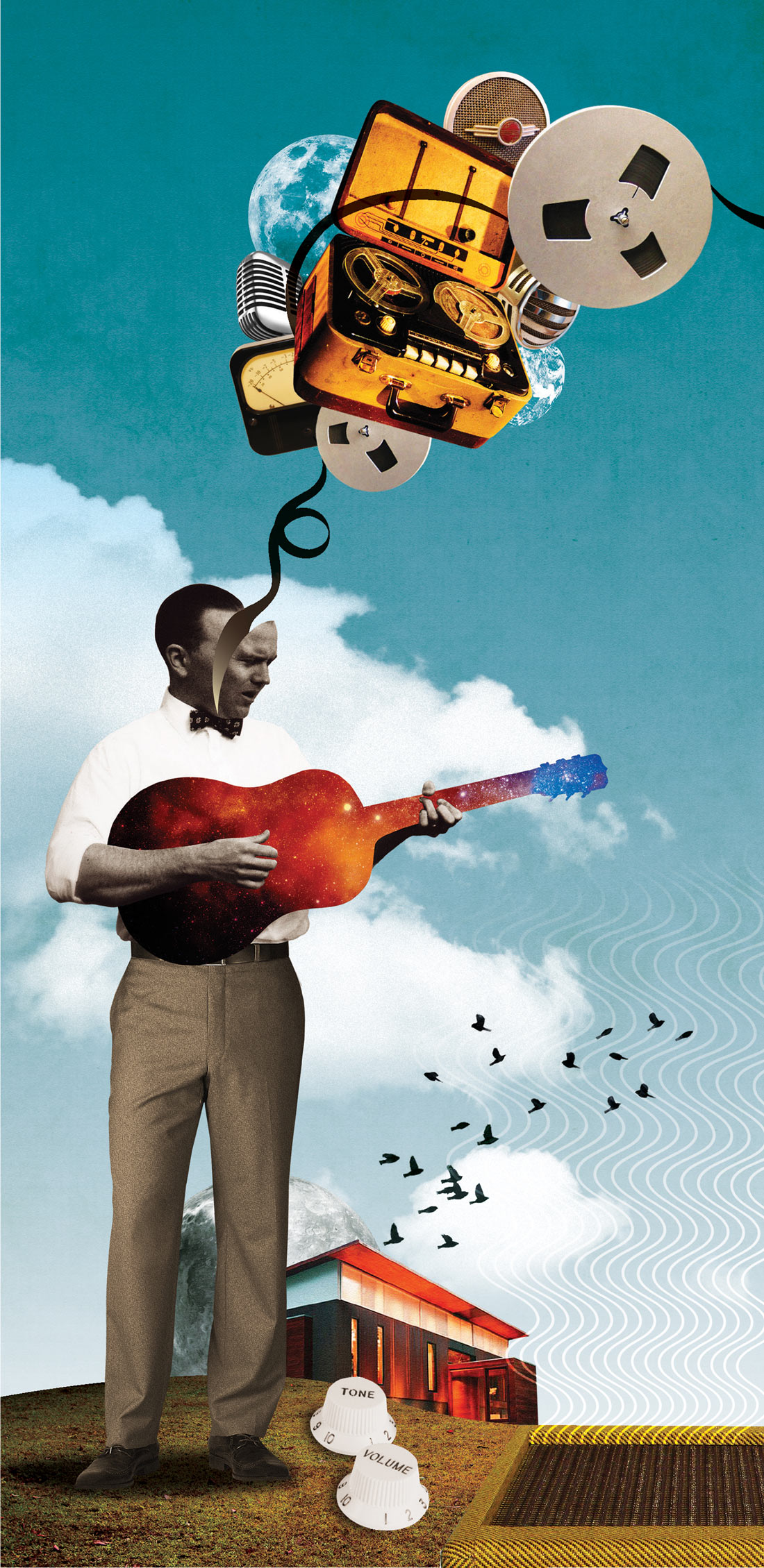Imagine that you've become somewhat comfortable recording songwriters and bands in your very modest home studio. It's been fun; you've pushed the gear to its limits to get half-decent results, and you've already got a few loyal clients. Then you get the call, "Hey, we've been working in a pro studio and aren't happy with the mixes. Could you come down and help us out?" Panic and fear take over. How will you be able to figure out all this unfamiliar gear, in a different room? What will the speakers sound like? Certainly they should just find someone else. But this is also the moment you've been waiting for. What do you do?
This is the exact situation I found myself in nearly 20 years ago. I took the challenge. The studio manager gave me his home number on the way out the door saying, "You'll be calling me." He said it with a bit of resignation, capped with a raised eyebrow and a grin. He knew I was green as heck. What did I do? I asked that the house engineer (who seemed wholly unhappy with this situation) explain the signal routing to me, and I made sure the console output fed the DAT machine before he left for home. I brought headphones along that I knew well, and a boombox with some blank cassettes in order to make sure the mix would hold up in the real world. I only used EQ or compression when it was needed, and I listened closely to what was happening to the tracks. But mostly I tried to sculpt the mixes closer to what had been working for us previously in my basement studio. I kept everything very simple and worked with what I knew — and I didn't spend any extra time exploring gear I wasn't familiar with. The mixes came out pretty good and they made the cut for the CD release, along with tracks from my home studio. But no matter what I did that night, I made sure I never called the studio manager for help. No way would I do that. I had to prove I could do this, and I did.
-Larry Crane, Editor

